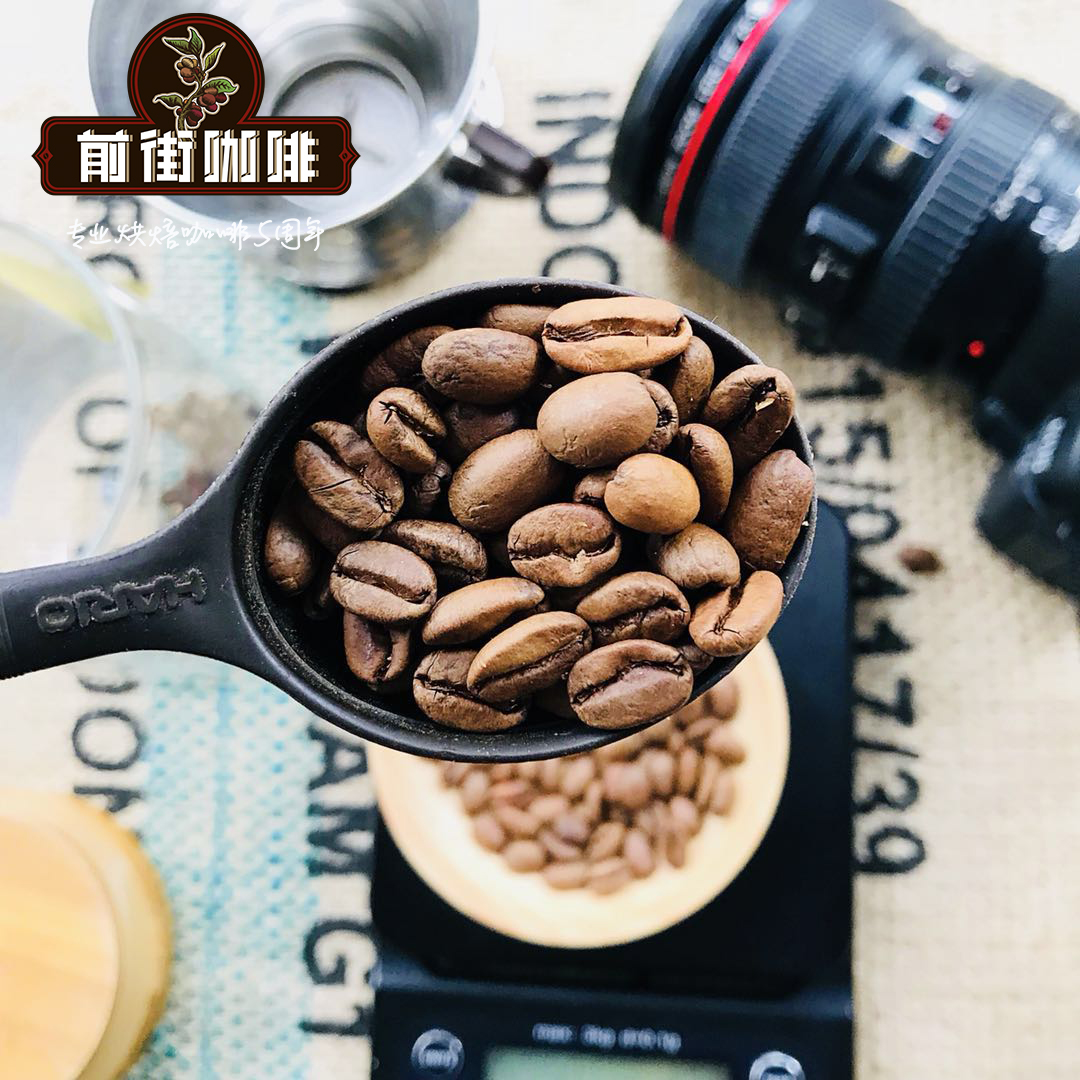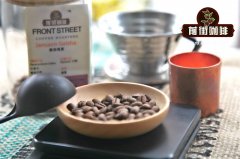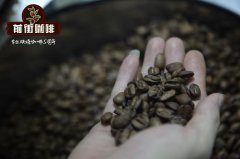What are the brands of decaf coffee? Where can I get decaf coffee? Introduction to the characteristics of low-caffeine coffee beans

Professional coffee knowledge exchange more coffee bean information please follow the coffee workshop (Wechat official account cafe_style)
The so-called decaf coffee, as its name implies, is coffee with only a small amount of caffeine. Coffee contains many ingredients and substances, among which caffeine has an obvious effect on the human body. For many people who are addicted to coffee but whose physical condition does not allow caffeine, decaf is the best choice.
In general, Arabica coffee beans contain 1.1% Murray 1.7% caffeine, while Robusta coffee beans contain 2% Murray 4.5% d caffeine. Decaf coffee is required to contain no more than 0.3% caffeine in brewed coffee. That means no more than 5 milligrams of caffeine in a cup of decaf.
The step of low-cause treatment can only be carried out in the state of sub-coffee and raw beans. Today, there are three main types of treatments to remove caffeine: traditional / European treatment (European Process), Swiss water treatment (SWP,Swiss Water Process), and CO supercritical Process (CO2 supercritical treatment). All three methods are very effective in removing most caffeine, and only 2% of the total amount of original caffeine remains in coffee beans.
Any method of removing caffeine is not a gentle way for raw beans. It would be unconvincing to say that these procedures will not harm or affect the flavor of decaf beans. As for the degree of influence, it depends on whether the handlers and the bakers who take over are delicate or not.
● Starbucks X DECAF Series
First, let's take a look at our most familiar star dad. From January 11, 2017, Starbucks in Japan began to test the waters to sell the "DECAF" series of coffee.
The biggest selling point is 99% decaffeinated Starbucks lattes.
This latte looks no different from an ordinary latte, but still retains the mellow aroma of coffee and has little difference in taste. According to official sources, this latte uses the "diacidized carbon extraction method" to remove more than 99% of the caffeine while preserving the delicacy of coffee.
P.s. Diacidified carbon extraction method: a large amount of carbon dioxide produced during roasting coffee beans becomes liquid after high pressure. After steam treatment, caffeine can be removed without affecting other substances in coffee beans.
Since it is called "DECAF" series of coffee, of course there is not only one kind of latte. Lu found on the menu (Decaf Lineup) that there are also hot and cold American coffee, latte, caramel macchiato, mocha, white mocha and cappuccino to choose from.
It seems that Starbucks intends to try more on the concept of decaf.
● MUJI X DECAF series
MUJI MUJI, which represents the quality of life, also has many "low-caffeine" products in the coffee product line, such as canned coffee (black sugar latte) and low-caffeine instant coffee powder are recommended.
In the vassal war of Japanese merchants, more and more brands are using low caffeine to convey the concept of "health, zero burden" in an attempt to infiltrate a wider range of consumers.
● LAWSON X MACHI CAFE
Also in 2017, Lawson MACHI Cafe launched 97% decaffeinated products, including ice, hot black coffee and ice and hot lattes.
Although it costs 50 yen more than regular coffee in the store, it is still well received by consumers who drink several cups of coffee a day or want to drink it at night.
LAWSON's "MACHI Caf é decaf series" .jpg
● Ogawa Coffee X decaf mocha
The famous Ogawa Coffee (OGAWA) has always been the main sales force on the coffee line in Japanese supermarkets. This low-caffeinated mocha is very popular because of its warm, sweet taste and long finish, coupled with the concept of low caffeine.
● UCC X sugar-free low-caffeine series
Another famous brand, UCC, will not miss the concept of low caffeine, emphasizing the concept of health that reduces caffeine by 97% but is still delicious, even for pregnant or lactating mothers.
Decaf hanging earbag
In addition to those famous brands, more and more coffee brands can be seen in Japanese supermarkets to launch low-caffeine products, starting with brewing, filter and powder packaging, making it convenient for users to drink whenever and wherever they want.
For example, MMC and UNICAFE have also launched low-caffeine brewing and filter products, emphasizing rich but mild flavors while also taking into account the need to reduce the burden on the body.
Qianjie coffee: Guangzhou bakery, the store is small but a variety of beans, you can find a variety of unknown beans, but also provide online store services. Https://shop104210103.taobao.com
Important Notice :
前街咖啡 FrontStreet Coffee has moved to new addredd:
FrontStreet Coffee Address: 315,Donghua East Road,GuangZhou
Tel:020 38364473
- Prev

What is coffee bean decaine? Decaf beans recommend where to sell decaf coffee in Guangzhou
Professional coffee knowledge exchange more information about coffee beans Please follow the coffee workshop (Wechat official account cafe_style) as early as the Stone Age, humans have begun to use caffeine. Early people found that chewing the seeds, bark or leaves of certain plants can relieve fatigue and refresh. It was not until many years later that people found that using hot water to soak these plants can increase caffeine.
- Next

How to distinguish low-caffeine coffee beans? How to bake decaf beans? Development trend of low-caffeine coffee market
Professional coffee knowledge exchange more coffee bean information Please follow the coffee workshop (Wechat official account cafe_style) with the accelerated development of the coffee market and the continuous improvement of customer requirements for quality, improving roasting quality, especially ensuring the quality of low-caffeine coffee baked products, has become the biggest challenge faced by all coffee roasters. According to statistics, in 2017, decaf
Related
- Beginners will see the "Coffee pull flower" guide!
- What is the difference between ice blog purified milk and ordinary milk coffee?
- Why is the Philippines the largest producer of crops in Liberia?
- For coffee extraction, should the fine powder be retained?
- How does extracted espresso fill pressed powder? How much strength does it take to press the powder?
- How to make jasmine cold extract coffee? Is the jasmine + latte good?
- Will this little toy really make the coffee taste better? How does Lily Drip affect coffee extraction?
- Will the action of slapping the filter cup also affect coffee extraction?
- What's the difference between powder-to-water ratio and powder-to-liquid ratio?
- What is the Ethiopian local species? What does it have to do with Heirloom native species?

